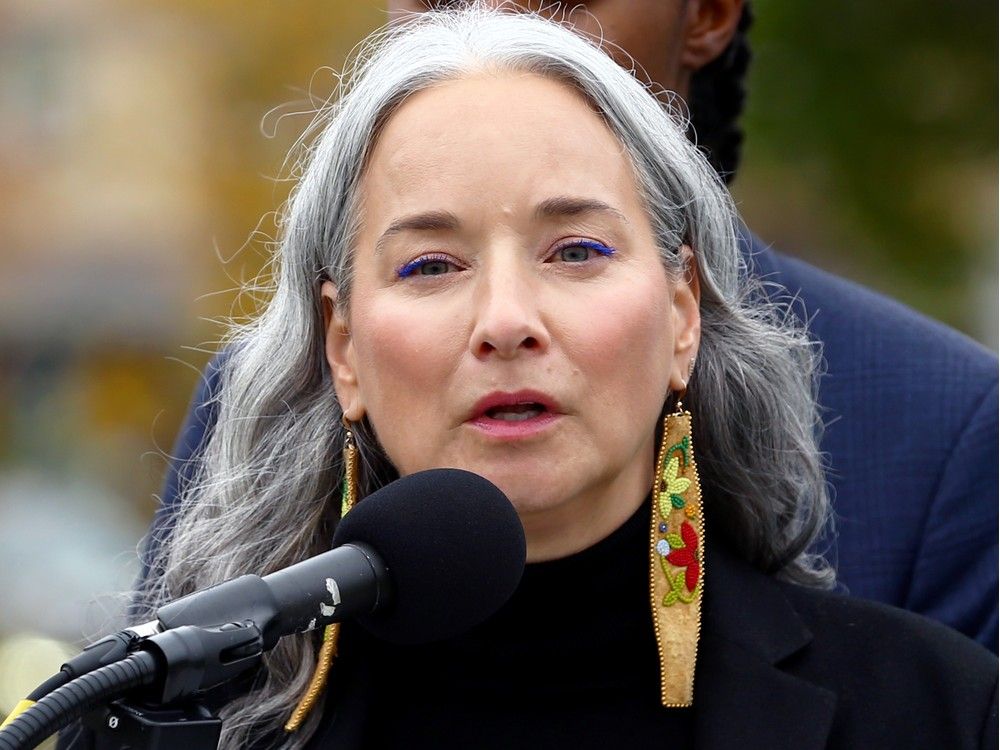
Article content
Amendments to the Child and Family Services Act (CFS), aiming to reduce the number of children entering the child welfare system by providing additional support to families are now in effect.
Article content
Families Minister Nahanni Fontaine announced the changes, which focus on keeping children in their homes through agreement-based support.
Fontaine emphasized that Indigenous children have been disproportionately affected by the child welfare system for too long. The new agreements, which include family support, kinship care, customary care, and voluntary care, are designed to keep children with their families. These agreements allow parents to stay actively involved in planning for their children while receiving necessary support. CFS agencies will work with Indigenous nations to develop policies for these agreements.
Chief Lisa Young of Bloodvein First Nation said the changes give Indigenous leaders greater control over how children from their nations are cared for. Young stressed the importance of collective responsibility in determining what families need.
Article content
Approximately $10 million has been allocated for Indigenous agencies. The goal is to keep more children in their homes and to continue transitioning child welfare services to Indigenous jurisdictions.
Linda Ens, acting executive director of the Kinship and Foster Family Network of Manitoba supports the amendments, noting that kinship and customary care arrangements will provide families with the same resources as foster parents. This will help ensure children receive the best care possible.
The amendments also aim to improve coordination between provincial and Indigenous child welfare services, supporting the Calls to Action from the Truth and Reconciliation Commission of Canada. These changes affirm the right of Indigenous governments to manage their own child welfare agencies, with a focus on maintaining connections between children and their families, communities, and cultures.
Share this article in your social network